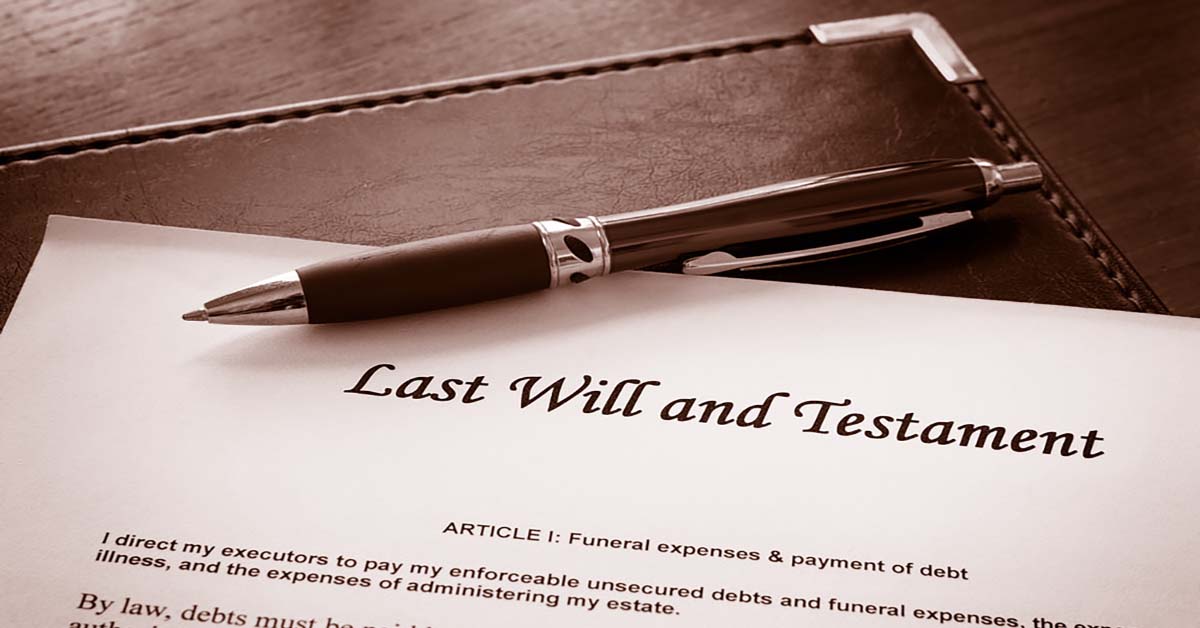- It is in writing
- The Testator (the one making the will) must be more than 21 years old and is mentally sound
- The Testator must sign the will at the right place. Generally, this means at the bottom of the will, following all the clauses in the will.
- The act of signing the will by the Testator must be witnessed by two persons, none of whom are beneficiaries (who are persons who will be bequeathed the assets), nor spouses of the beneficiaries
- The assets of the deceased will go to the government
That is totally incorrect in view of the Intestate Succession Act which stipulates the order of distribution of assets to the deceased’s family and relatives.When there is a nuclear family unit comprising surviving children from the deceased’s one and only wife and/or a surviving wife
AND
all the parties are on amicable terms, the process to obtain the Letters of Administration can be relatively straightforward. - Estate duty is payable if there is no will
Estate Duty has been removed for deaths on and after February 2008 and this applies to assets from any deceased persons, whether or not they have made a will.
So how can one go about making a will which truly expresses one’s wishes?
- The assets in one’s estate.
Many people actually forget that their property may be encumbered with mortgages or debts against their properties. Totally unencumbered properties, i.e. properties free from loans are rare especially with investment properties. The beneficiaries who are bequeathed assets with encumbrances will have to fully pay up the debts attached to them if they are unable to make arrangements, such as a fresh mortgage, with the secured creditors.
- If specific assets are given, what if one makes changes in their asset holdings from time to time?
This is now a “me” time for all of us downsizing, being more liquid, having changes in the expenditure spectrum — these are very real possibilities which will affect our assets. I have seen situations where a Testator bequeaths a house to Child A and his shares and stocks of equivalent value to Child B. Before his death, he sells the house which has been bequeathed to Child A. So Child B ended up getting substantially much more.
To avoid the above scenario, it is quite common to apportion assets based on percentages. However, whilst this takes away the concern when there are changes in asset structures, distribution based on percentages can in practice result in the forced liquidation of assets to facilitate the distribution.
- Bequeathing a percentage of one’s assets to a third party, say a charitable or religious institution.
This may result in a big burden on the Executors as they are fully accountable for the calling in and distribution of the estate’s assets. Trustees of these establishments have the right to demand for full records and disclosure of the Testator’s assets since they are entitled to a percentage of it.
- Circumstances that can challenge the validity of a will.
Any will made by a testator is revoked by marriage but not other circumstances such as a birth of a subsequent child or grandchild.
- What if one or more beneficiaries under the will dies before the Testator?
Under the Wills Act, there is provision for the grandchildren to step in the place of the deceased children, should they die before the Testator. However, it is always prudent to consider who one would bequeath their assets to, in the event their beneficiaries predecease them.







